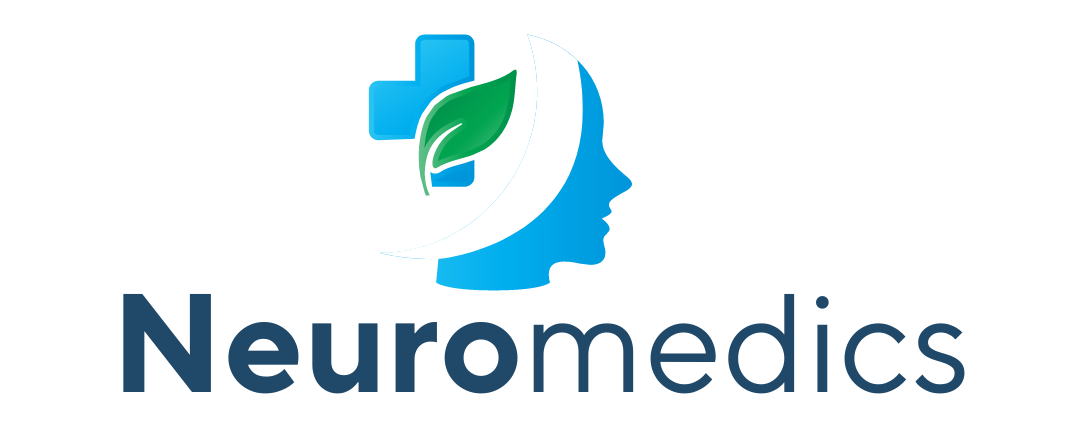
Omega-3 fatty acids are essential for our health. They support brain function, heart health, and reduce inflammation. Most people think of fish as the main source of omega-3, but what if you don’t eat fish? Can you still get enough from plant-based foods? The answer is yes, but it takes a little planning.
Table of Contents
Understanding Omega-3
There are three main types of omega-3 fatty acids:
- ALA (Alpha-Linolenic Acid) – Found in plants.
- EPA (Eicosapentaenoic Acid) – Mostly found in fish and algae.
- DHA (Docosahexaenoic Acid) – Also mainly from fish and algae.
Our bodies can convert ALA into EPA and DHA, but this process is not very efficient. That means if you rely only on plant-based sources, you need to ensure you are getting enough ALA and possibly consider supplementation.
Best Plant-Based Sources of Omega-3
If you follow a plant-based diet, focus on foods rich in ALA, such as:
- Flaxseeds and flaxseed oil – One of the best sources of ALA.
- Chia seeds – Easy to add to smoothies, oatmeal, or yogurt.
- Hemp seeds – Also a good source of protein and healthy fats.
- Walnuts – A convenient snack packed with ALA.
- Algae-based supplements – Direct sources of DHA and EPA, ideal for those who don’t eat fish.
Get N Omega At Your Finger tips!
Stay ahead, stay connected, and stay in control – all at your fingertips!
Get Now!How to Get Enough Omega-3
To make sure you’re getting enough, include a variety of these foods in your diet daily. For example:
- Add ground flaxseeds to your morning smoothie or oatmeal.
- Sprinkle chia or hemp seeds over salads and soups.
- Snack on a handful of walnuts.
- Use flaxseed or hemp oil in salad dressings.
- Consider an algae-based supplement for a reliable source of DHA and EPA.
Should You Take a Supplement?
Since the conversion of ALA to EPA and DHA is low, some people may benefit from an algae-based omega-3 supplement. This is a direct way to get the same beneficial fatty acids found in fish oil.
Conclusion
It is possible to get enough omega-3 without fish, but it requires attention to your diet. By including a variety of plant-based sources and possibly taking a supplement, you can support your health without relying on seafood. If you have concerns about your omega-3 intake, consider speaking with a healthcare professional.
Can I get enough omega-3 from plants alone?
Yes, but it requires careful planning. Plant-based sources like flaxseeds, chia seeds, hemp seeds, and walnuts provide ALA, which the body converts to EPA and DHA. However, since this conversion is not very efficient, you may need an algae-based supplement for optimal intake.
What is the best plant-based source of omega-3?
Flaxseeds and flaxseed oil are among the best sources of ALA. Chia seeds, hemp seeds, and walnuts are also excellent options. For direct DHA and EPA, algae-based supplements are recommended.
How much omega-3 do I need daily?
The recommended daily intake of ALA is about 1.1 grams for women and 1.6 grams for men. This can be met by consuming about one tablespoon of flaxseeds or chia seeds daily. If you’re concerned about DHA and EPA, an algae-based supplement may be beneficial.
Do I need an omega-3 supplement if I follow a plant-based diet?
It depends on your diet. If you consume enough ALA-rich foods, you may meet your basic needs. However, since ALA conversion to DHA and EPA is low, taking an algae-based supplement can help ensure adequate intake of these essential fatty acids.
Can I cook with flaxseed or hemp oil?
Flaxseed and hemp oils are best used in cold dishes, such as salad dressings or smoothies, because high heat can destroy their beneficial fats. If cooking, opt for walnut or olive oil, which are more stable at higher temperatures.
